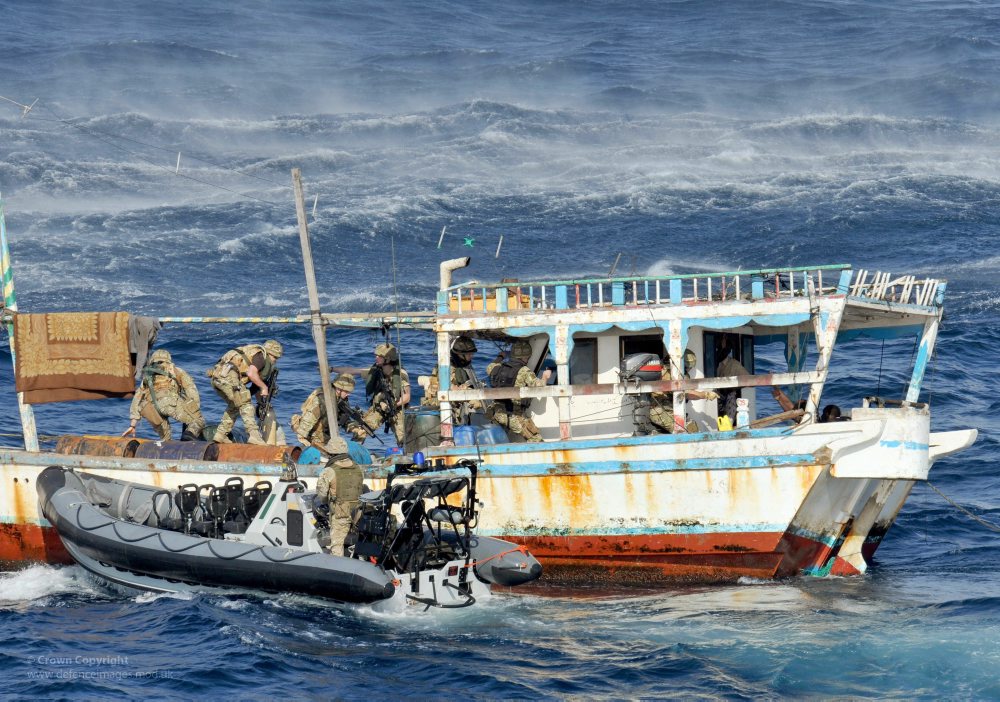Middle East Ticker: Thousands Flee Assad Regime Advance in Aleppo, Turkey Defiant as Purge Continues, and the Red Sea-Dead Sea Canal Comes Closer to Reality
Thousands Flee as Rebel Defenses Collapse in Eastern Aleppo
Published by The Lawfare Institute
in Cooperation With

Thousands Flee as Rebel Defenses Collapse in Eastern Aleppo
After systematically targeting the remaining hospitals in besieged rebel-held districts of eastern Aleppo, Assad regime forces seized most of the city’s northeast over the weekend. Rebel defenses failed in the Hanano neighborhood on Saturday, and on Monday, the Russian Defense Ministry said that pro-regime forces had captured 11 neighborhoods, 40 percent of the previously besieged area. Iranian and Hezbollah ground forces are reportedly participating in the offensive, backed by Russian air support. "For all the past years, we have resisted with the primitive means we have had, but today we're resisting Iran and Russia," a rebel with the Nureddin al-Zinki group told AFP. "Today we're fighting armies and militias from every corner of the globe."
Though few, if any, civilians left the besieged districts of the city in the weeks before the renewed offensive, thousands have begun fleeing over the past week. As of Monday, between 1,500 and 10,000 people had sought safety in the Kurdish-held Sheikh Maqsoud neighborhood, which has not been contested by the regime. A senior official with the Syrian National Democratic Coalition, which includes Arab and Kurdish forces, told the Associated Press that there was an arrangement with the regime to allow Syrian Democratic Forces to control some areas of northeastern Aleppo to protect civilian populations. At least 225 civilians have been killed in the offensive, according to the Syrian Observatory for Human Rights, and as many as 16,000 people in total have been displaced by the recent fighting, the United Nations said today.
As Turkey’s Post-coup Purge Continues, Erdogan Gives Defiant Interview
The U.N. special rapporteur on torture, Nils Melzer, is in Turkey this week to follow up on allegations of rights abuses committed against individuals detained in Turkey’s ongoing purge. Approximately 37,000 people have been arrested on suspicion of involvement in the failed coup on July 15. Human Rights Watch documented at least 13 cases of torture in an October report and noted that the abuses have been facilitated by the expansive mandate of the country’s post-coup emergency law.
The latest target of the purge is foster parents with ties to the Gulen Movement, which the Turkish government has accused of orchestrating the coup. Approximately 5,000 families and related institutions are under investigation, and foster children could be removed from families if ties to Gulenists are found. "It would not be right for a child to remain with a (foster) family if links to FETO [the Gulenist Movement] are confirmed as a result of the examinations," an official from the Turkish Ministry of Family and Social Policy told Reuters.
In an interview with 60 Minutes that aired on November 20, Erdogan said he was “disillusioned” with U.S. policies, ranging from the Obama administration’s reticence to extradite Fethullah Gulen, to which rebel groups to support in Syria and how to handle the refugee crisis. “We have addressed these issues, discussed them with President Obama and Vice President Biden. They failed to rise to the occasion and handle these issues seriously. This is quite upsetting for us,” he told 60 Minutes’ Steve Kroft. In a particularly telling exchange, Erdogan said that he was “not going to blame the United States” for the attempted coup, but that he also would not dispel rumors of U.S. involvement. “That’s what my people will think,” he continued. “I cannot deceive my people.”
Jordan Selects Companies to Begin Construction on Red Sea-Dead Sea Canal
The Jordanian government drew closer this week to breaking ground on an ambitious project to build a canal linking the Red Sea and the Dead Sea, selecting five firms to construct the first phase of the waterway. The idea of the canal dates back to the 19th century, but has gained new urgency—and a new nickname, the “Red-Dead project”—in recent decades as the Dead Sea’s banks have receded drastically. Jordan, Israel, and the Palestinian Authority have been discussing the idea seriously since at least 2005, and in 2013, they signed an agreement to proceed with construction of a 110-mile pipeline. According to the plan, 200 million cubic meters of water will be diverted from the Red Sea each year via the canal and will be split between desalination for potable water and replenishing the Dead Sea.
Experts and environmentalists have warned that the plan will not provide enough water to stabilize the Dead Sea’s declining water levels and could create ecological problems, including algae and bacterial growth. But those concerns seem secondary to the immediacy of the Dead Sea’s deterioration. At the present rate of decline, scientists expect the Dead Sea to dry out completely by 2050.





